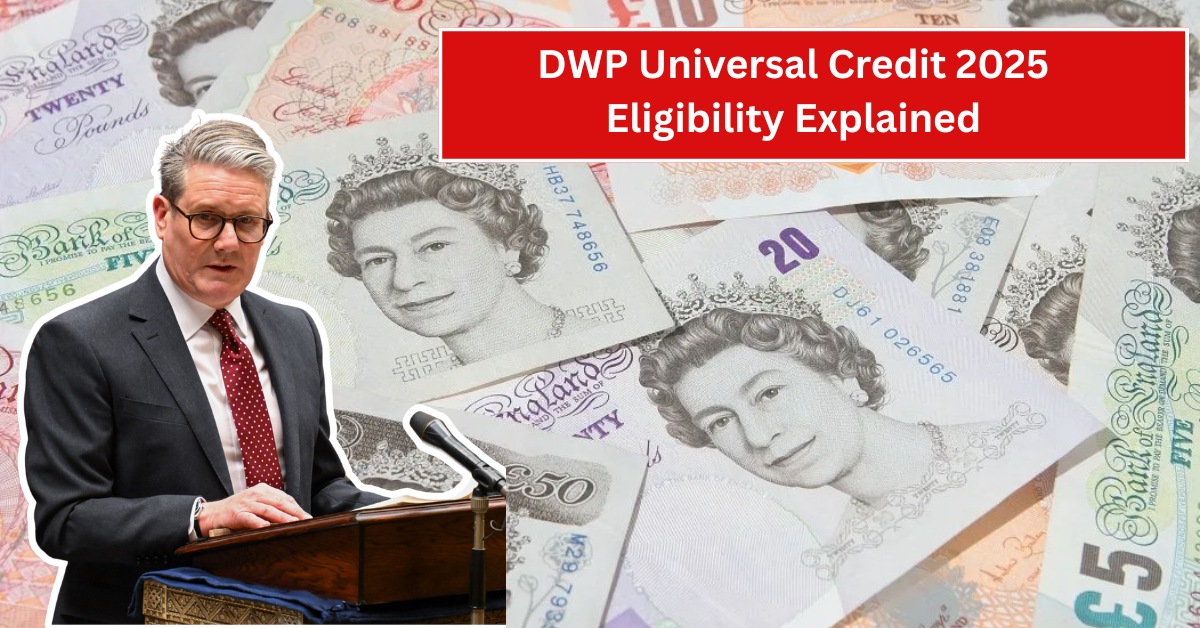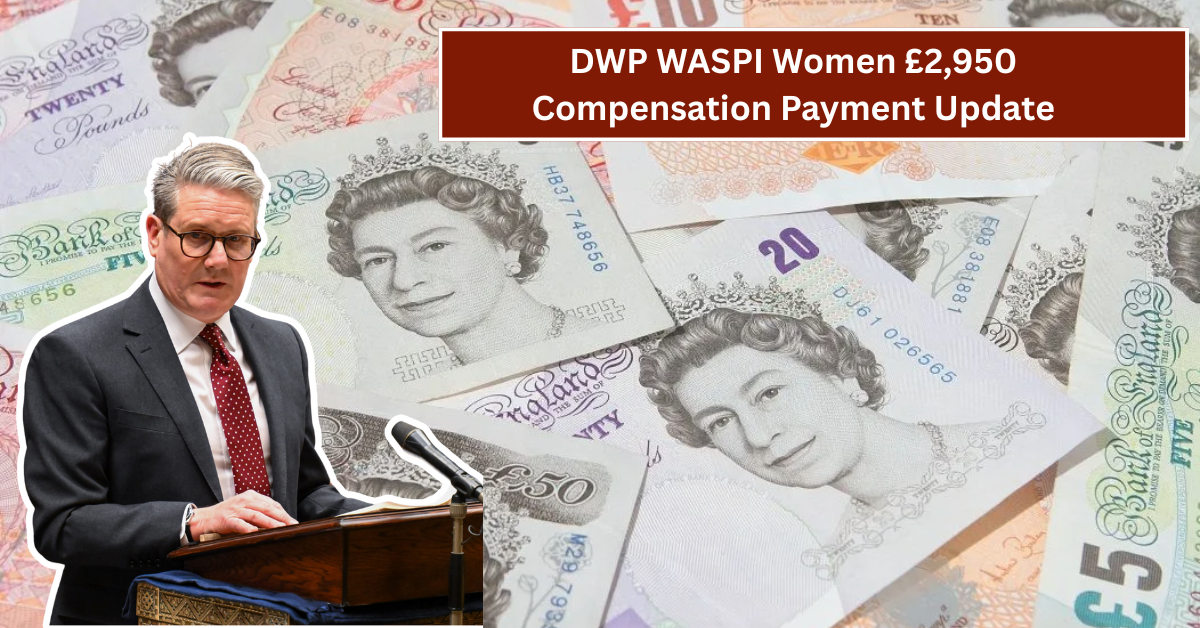
Many people in the UK rely on support from the Department for Work and Pensions (DWP) to help manage their finances. However, errors made by the DWP can sometimes affect how much money you receive. These mistakes might mean you are owed money without even realizing it. It’s important to know your rights and understand how to check if you might be missing out.
The government system can be complicated, and even small errors in paperwork or calculations may lead to overpayments or underpayments. If you think there has been a mistake, act quickly because you could be entitled to cash that has been overlooked. This article will explain common DWP errors, how you can spot them, and what steps to take to claim the money you deserve.
What Are Common DWP Errors?
This Article Includes
The DWP handles many types of benefits like Universal Credit, Jobseeker’s Allowance, and Personal Independence Payment. Mistakes can happen for several reasons. Sometimes, the information you provide might not be updated promptly, or there could be errors when DWP processes your claim. These can include incorrect income calculations, missed payments, or wrongly applied sanctions.
Another common error is when the DWP fails to include changes in your circumstances, such as a new job, change in household income, or medical condition updates. These issues can lead to underpayments or delays in receiving your benefits, which can cause financial stress.
How to Know if You Are Owed Money
It is not always easy to tell if the DWP owes you money. Start by regularly checking your benefit statements and letters from the DWP. These documents will show the amount you should be receiving each month. Compare this with what you actually get in your bank account.
If you notice discrepancies or if payments have stopped suddenly without explanation, there could be an error. Also, keep track of any correspondence where the DWP asks for updated information or clarifies your details. Delays or failed updates increase the chance of mistakes.
Why Younger People Should Pay Attention
Younger people may think that DWP benefits are only for older individuals or those with disabilities. However, many young adults also rely on these supports, especially if they are studying, unemployed, or facing health challenges. Errors in payments can seriously affect your budget and plans.
Being alert to DWP mistakes early helps avoid long-term financial problems. It also teaches you how to manage and check your benefits responsibly, which is a valuable skill as you become more independent.
Steps to Take If You Suspect an Error
If you think you are owed money from the DWP, first gather your documents, including letters, bank statements, and proof of your circumstances. Then contact the DWP directly and explain your concerns. You can do this by phone, online, or by visiting a local office.
Make sure to note down any reference numbers or the name of the person you speak with. It’s helpful to keep a record of all conversations and correspondence in case you need to follow up later.
How to Make a Formal Complaint
If your issue is not resolved after contacting the DWP, you can make a formal complaint. This process allows you to ask the department to review your case more closely. Complaints can highlight errors and often speed up the solution.
You can submit your complaint through the DWP website or send a letter. Describe the problem clearly, provide your details, and explain why you think there is an error. The DWP is required to respond within a set time, usually 20 working days.
Seeking Help from Citizens Advice and Other Services
The process of checking and claiming money from DWP can feel confusing. Thankfully, organisations like Citizens Advice offer free support. They can help you understand your rights, check your benefits, and even assist with complaints or appeals.
Many local charities and community groups also provide guidance. Using these services can save time and help you avoid mistakes in your own paperwork.
Preventing Future DWP Errors
To avoid DWP errors, keep your personal information updated and report any changes as soon as they happen. This includes changes in address, employment status, or health. Always respond promptly to any DWP requests for information.
Keep copies of all forms and correspondence. Being organised is one of the best ways to protect yourself from mistakes and ensure you receive everything you’re owed.
Final Thoughts
If you receive benefits from the DWP, it is important to stay informed and watch for errors. Mistakes on their part could mean you are owed money, and claiming it could improve your financial situation. Do not be afraid to ask questions or seek help if something doesn’t seem right.
Remember, checking and correcting DWP errors is not just about getting cash but also about standing up for your rights. Take the time to review your benefits and act quickly if you spot a problem – it could make a big difference in your life.




































